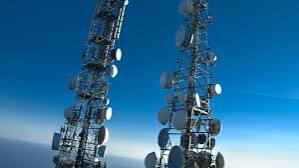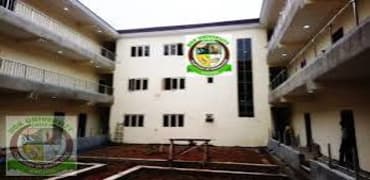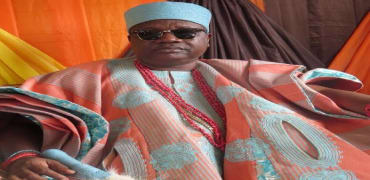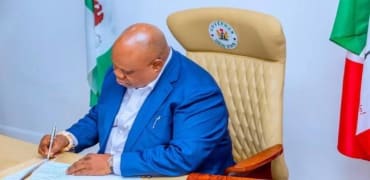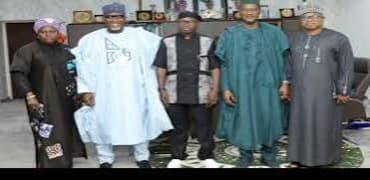Nigeria Set to Receive $3 Billion Telecom Boost by June – Minister Announces
Nigeria Set to Receive $3 Billion Telecom Boost by June – Minister Announces
By Achimi Muktar
A digital revolution is set to sweep across Nigeria as the country prepares to receive a staggering $3 billion worth of telecommunications infrastructure by June 2025, according to Dr. Bosun Tijani, Minister of Communications, Innovation and Digital Economy.
In a revelation that has sparked excitement and hope for millions of underserved Nigerians, Dr. Tijani announced during a panel session at the World Bank’s Nigeria Development Update (NDU) event that the landmark investment includes $1 billion in telecoms equipment and $2 billion worth of fibre optic cables. This move is poised to dramatically strengthen Nigeria’s digital backbone and expand internet access to previously unconnected communities.
“This is more than just infrastructure—it’s about ensuring that every Nigerian, regardless of location, has access to quality internet and digital services,” Tijani stated, underlining the project’s transformative potential.
From Vision to Reality
The multi-billion dollar infrastructure package is the result of years of planning and partnership between the Federal Government and the World Bank. Their shared goal: to attract long-term investment capable of delivering broadband for all.
Just recently, during a stakeholder engagement forum in Abuja themed “Realising a Nigerian Vision of Broadband for All”, the Minister emphasized the urgency of the challenge. He passionately argued that connectivity is no longer a luxury, but a necessity for every Nigerian.
“We all need quality access regardless of our location,” he said. “There is a need for us to invest in that databank—in the cables that make the internet possible.”
Pilot Project to Connect 20 Million Nigerians
But the government isn’t stopping at equipment and cable deployment. A pilot phase of the project is being rolled out to target more than 20 million Nigerians who currently have no access to any form of telecommunications. This phase aims to connect rural and underserved communities, setting the stage for a more inclusive digital economy.
“This initiative will significantly enhance communication services across the country and bridge the connectivity gap,” Tijani added.
The Fibre Optic Crisis
Nigeria’s current fibre optic infrastructure tells a tale of imbalance and fragility. While urban areas like Lagos and Abuja boast some deployment, many rural zones remain forgotten. Worse still, the system is plagued by frequent disruptions. In 2023 alone, over 50,000 fibre optic cuts were reported—mostly caused by road construction and other civil activities.
These disruptions have not been without consequence. In February 2024, millions of Nigerians were left disconnected when a major fibre cut led to a nationwide MTN outage.
To combat this, the Federal Ministry of Works and the Ministry of Communications have established a Joint Standing Committee on the Protection of Fiber Optic Cables, aimed at safeguarding the country’s digital infrastructure.
A New Dawn for Nigeria’s Digital Future
With $3 billion in infrastructure en route, over 20 million people awaiting access, and a committed government backing it all, Nigeria’s digital economy is on the verge of a massive leap forward.
If delivered effectively, this initiative won’t just expand internet access—it could unlock economic opportunities, enhance education, and fuel innovation across the nation. For now, Nigerians watch, wait, and hope that by June 2025, the digital divide begins to close—for good.



